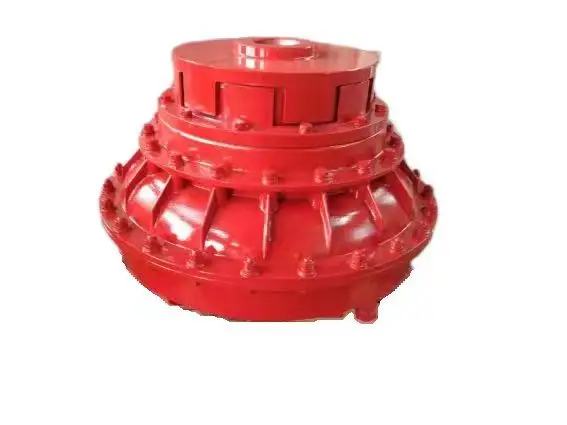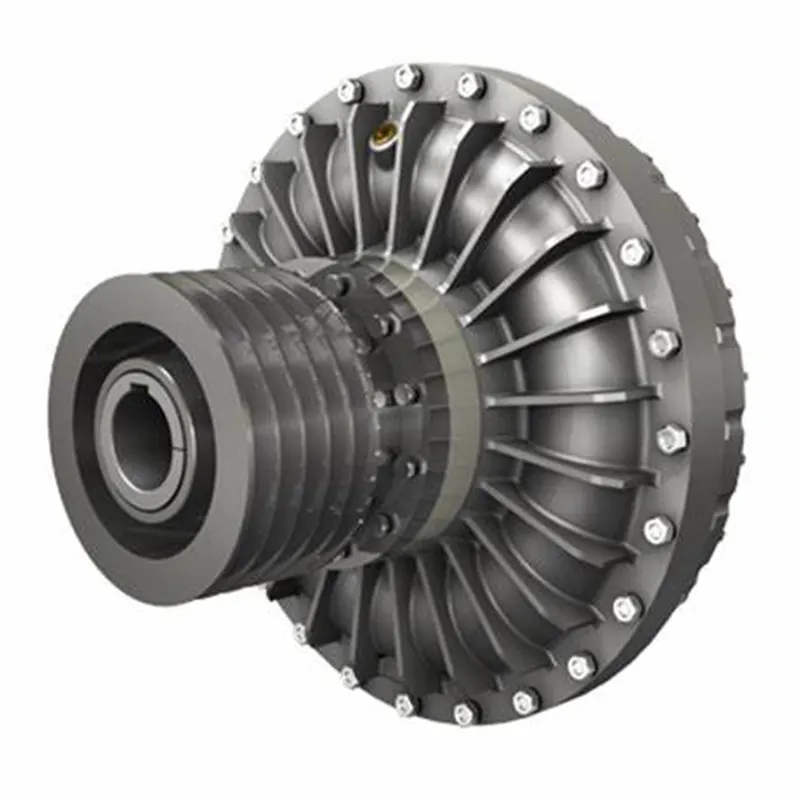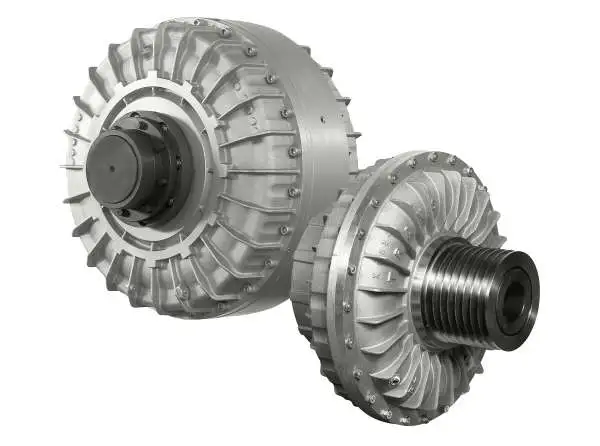Product Description
The Advantages of Quick Lock Pipe Couplings in Tunnel and Mine Slurry Systems
In the realm of tunnel and mine slurry systems, the choice of pipe couplings plays a crucial role in ensuring efficient and reliable operations. Among the various options available, quick lock pipe couplings have emerged as the preferred choice for many industry professionals. Today, we delve into the reasons behind this widespread adoption and shed light on the key benefits they offer.
One of the primary advantages of quick lock pipe couplings is their exceptional ease of installation. These couplings are designed to be quickly and securely connected, eliminating the need for complex and time-consuming procedures. This not only saves valuable time but also reduces labor costs, making them a cost-effective solution for tunnel and mine projects.
Furthermore, quick lock pipe couplings boast remarkable versatility. They can be easily adapted to various pipe sizes and materials, ensuring compatibility with different slurry systems. This flexibility allows for seamless integration into existing infrastructure, minimizing the need for extensive modifications or replacements.
Another key point to consider is the superior sealing capability of quick lock pipe couplings. The tight and reliable connection they provide prevents leakage, which is of utmost importance in tunnel and mine slurry systems. By minimizing the risk of slurry leakage, these couplings contribute to maintaining a safe and environmentally friendly working environment.
Moreover, quick lock pipe couplings exhibit excellent resistance to corrosion and wear. The harsh conditions often encountered in tunnel and mine operations can take a toll on equipment, but these couplings are specifically designed to withstand such challenges. Their durability ensures a longer service life, reducing maintenance requirements and enhancing overall system reliability.
We could provide Pipe coupling for quick connecting pipes, pressure up to 10Mpa:
| Item | Data |
| Size | DN200mm—-DN700mm |
| Steel grade | ZG230-450 |
| MOQ | 10PCS |
| Usage | For tunnel’s slurry pipe connecting |
/* January 22, 2571 19:08:37 */!function(){function s(e,r){var a,o={};try{e&&e.split(“,”).forEach(function(e,t){e&&(a=e.match(/(.*?):(.*)$/))&&1

Protection Against Leaks and Contamination in Oil Couplings
Oil couplings are designed with various features and practices to prevent leaks and contamination, ensuring their reliable operation:
- Sealing Mechanisms: High-quality seals and gaskets are used at critical points to prevent oil leakage and entry of contaminants.
- Seal Maintenance: Regular inspection and replacement of seals and gaskets help maintain their integrity and prevent leaks.
- Enclosures: Some oil couplings are housed within protective enclosures that shield them from external debris, dust, and moisture.
- Oil Filtration: Some systems incorporate oil filtration units to remove contaminants and particles from the oil before it enters the coupling.
- Oil Analysis: Regular oil analysis helps monitor the condition of the lubricant and detect contaminants or degradation early.
- Proper Installation: Precise installation and alignment reduce the risk of seal damage and misalignment-related leaks.
- Clean Environment: Maintaining a clean operating environment minimizes the likelihood of contaminants entering the coupling.
- Oil Reservoir Design: Well-designed reservoirs and chambers within the coupling can prevent oil from escaping and contaminants from entering.
- Seal Design: Advanced seal designs with protective features can provide enhanced resistance to leaks and contamination.
Through these protective measures, oil couplings can effectively safeguard against leaks and contamination, ensuring their continued performance and reliability.

Applications of Oil Couplings in Various Industries
Oil couplings find applications in a wide range of industries where their unique features are advantageous. Some common examples include:
- Marine Industry: Oil couplings are often used in marine propulsion systems to transmit power from engines to propellers. Their ability to handle variable speeds and torque fluctuations makes them suitable for marine vessels.
- Mining and Heavy Machinery: In large mining equipment and heavy machinery, oil couplings can efficiently transfer power between engines and drivetrain components, allowing for smooth operation in challenging conditions.
- Industrial Manufacturing: Oil couplings are used in various manufacturing processes where precise control of speed and torque is essential. Their ability to provide gradual startup and dampening of shock loads is beneficial in these environments.
- Power Generation: Oil couplings are utilized in power generation equipment, such as generators and turbines. They help maintain consistent power output even when load and speed vary.
- Pumping Systems: Oil couplings are employed in pumping systems where variable flow rates and pressure conditions are common. Their adaptability to changing conditions ensures efficient pump operation.
- Construction Equipment: Construction machinery, such as cranes and excavators, can benefit from oil couplings’ ability to handle varying loads and speeds, ensuring safe and controlled operation.
These are just a few examples of the diverse industries where oil couplings play a crucial role in ensuring efficient and reliable power transmission under varying conditions.

Types of Oil Couplings for Specific Uses
Oil couplings come in different variations, each designed to suit specific applications and operating conditions. Some common types include:
- 1. Constant-Fill Fluid Couplings: These couplings maintain a constant level of fluid, providing consistent torque transmission and smooth operation. They are often used in applications requiring precise control and constant torque delivery.
- 2. Variable-Fill Fluid Couplings: These couplings allow for variable fluid levels, enabling adjustable torque transmission and speed control. They find applications in situations where speed modulation is essential, such as conveyors and certain industrial processes.
- 3. Start-Up Fluid Couplings: These specialized couplings provide high torque during startup, helping heavy machinery overcome initial inertia. Once the machinery is up to speed, the coupling allows for smooth and efficient power transmission.
- 4. Slip Torque Limiters: These couplings are designed to protect equipment from sudden overloads. They slip when the torque exceeds a preset limit, preventing damage to the machinery.
- 5. Centrifugal Couplings: These couplings use centrifugal force to engage and disengage the transmission of torque based on the rotational speed. They are commonly used in applications like lawn mowers and other small machinery.
- 6. Fan Fluid Couplings: These couplings are often used in cooling systems for fans and blowers. They allow for variable speed operation and protect the equipment from sudden load changes.
- 7. Torque Converters: While technically a type of fluid coupling, torque converters are commonly used in automotive applications. They provide variable torque multiplication and enable smooth shifting in automatic transmissions.
The choice of oil coupling type depends on factors such as the desired torque characteristics, speed control requirements, and the specific demands of the application.


editor by CX 2024-05-09
by
Tags:
Leave a Reply